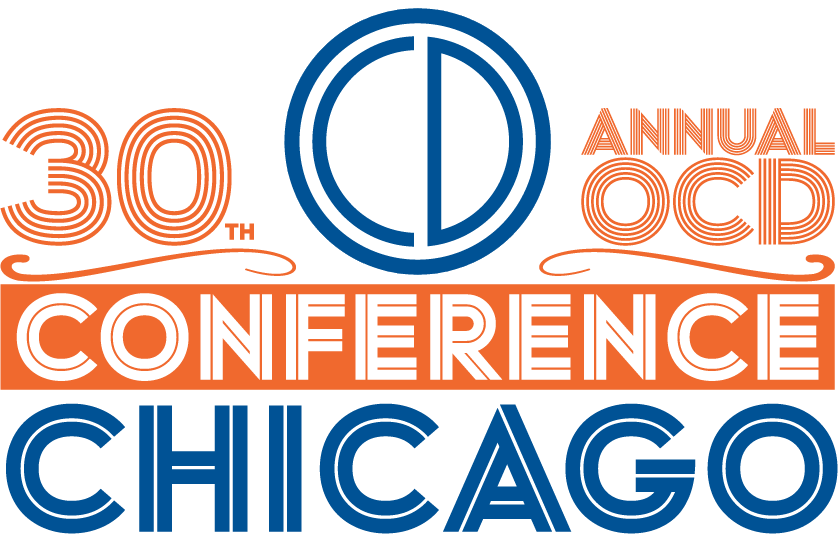Inside the OCD Conference that Changes Lives
The 30th Annual International OCD Foundation Conference, held this year in Chicago.
I went to my first International OCD Foundation (IOCDF) conference in the mid‑2000s, during that strange and exhilarating stretch of life after college but before grad school—when everything felt possible and nothing was certain. I walked into a hotel ballroom buzzing with researchers, clinicians, and advocates whose names I only knew from journal articles, and felt the incredible energy of shared curiosity and camaraderie. I wanted to soak it all in.
This year, the IOCDF conference came to Chicago—practically in my backyard—though I couldn’t attend. A handful of my patients went on their own and came back describing it as life‑changing.
They packed their schedules with sessions on scrupulosity, adulting with OCD, queer fears, ADHD, parent support, and women’s groups. One braved the infamous Jonathan Grayson group exposure session—a powerful demonstration of exposure and response prevention (ERP), the evidence-based treatment where people intentionally face their fears without doing the rituals OCD demands. It’s tough, but it works, and experiencing it in a mass group setting was described as incredibly validating. A spouse who attended alongside their partner found the experience eye‑opening and left with a deeper understanding of their spouse and OCD. One patient said seeing kids at the conference stirred grief for her past isolation while also sparking hope for the next generation. And for many, speaking openly about OCD and connecting with others who truly “got it” brought a sense of belonging, confidence, and readiness to keep challenging their OCD.
Incredibly, they all returned energized, motivated to push harder in therapy, and ready to reclaim more of their lives. Hearing their stories was a reminder that the conference isn’t just an event—it’s a catalyst for change.
For anyone living with OCD, knowing you’re not alone—and seeing recovery modeled by others—can be transformative. You don’t have to attend a conference to start that change, but spaces like this prove what’s possible when knowledge, community, and courage come together.
With clarity and compassion,

